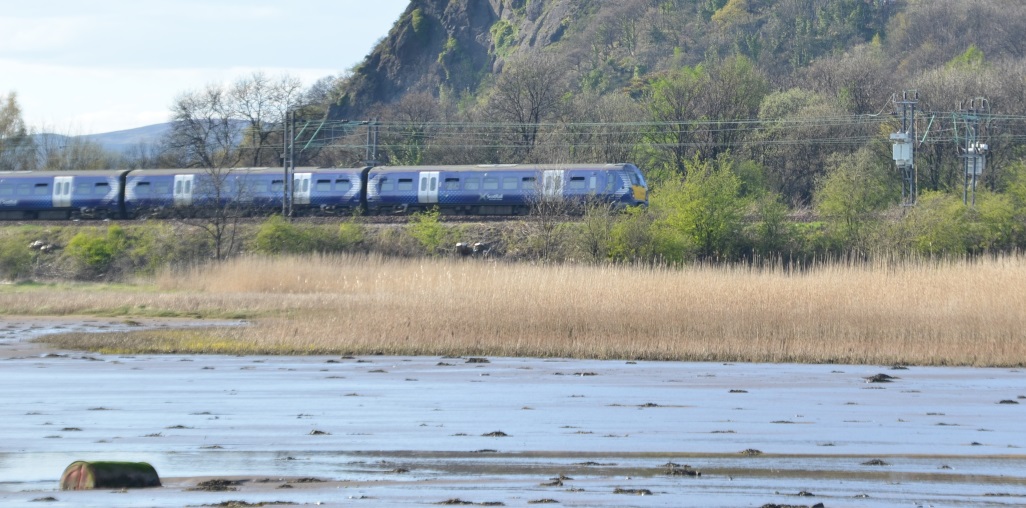Nature based coastal protection: A predictive model for marsh ecosystem services
Keywords – ecosystem services, salt marsh, coastal protection, nature-based solutions, climate change, sea level rise, hydrodynamics

Project Summary – In many places coastal marshes have been replaced by seawalls that are now very costly to maintain with rising sea levels. New thinking in coastal protection has led to the promotion of nature-based solutions where vegetation is not replaced but part of the design. This requires a strong science base to predict the ecosystem services and the required marsh extent for sufficient coastal protection. The PhD candidate will generate new insights in bio-physical interactions and deliver a novel tool to integrate biology, geomorphology and engineering to promote nature based coastal protection in the UK and worldwide. The student will be supervised by staff from Geographical and Earth Sciences and Engineering and carry out a series of field surveys and experiments in the Firth of Clyde and the Firth of Forth in collaboration with local stakeholders. The field data will be complemented by experimental work using real vegetation in flumes of the Water Engineering Lab at Glasgow University. The newly generated fundamental knowledge on salt marsh dynamics will be linked to the ecosystem services and ultimately lead to a modelling tool to assess service provisioning under contrasting scenarios of coastal change.
Project Team –
1st supervisor: Dr. Thorsten Balke is a lecturer in physical geography at the University of Glasgow. He has experience in the ecology and biogeomorphology of tropical and temperate coastal wetlands. Most of his research is aimed at solving real world problems by generating new concepts and understanding of interactions between geomorphology and plant biology.
2nd supervisor: Dr. Manousos Valyrakis is a lecturer in water engineering at the University of Glasgow. He has expertise on the fundamental processes of sediment transport as affected by turbulent flows and the use of experimental flow diagnostic techniques.
3rd supervisor: Dr. Larissa Naylor is a lecturer in physical sciences at the University of Glasgow. She is a coastal biogeomorphologist with extensive experience of working at the science-policy-practice interface. She currently holds a NERC knowledge exchange fellowship on ecosystem-based coastal adaptation to climate change.
The student will be based at the School of Geographical and Earth Sciences, which is in walking distance to the School of Engineering.
PhD candidate - Marta Argemi Cierco

